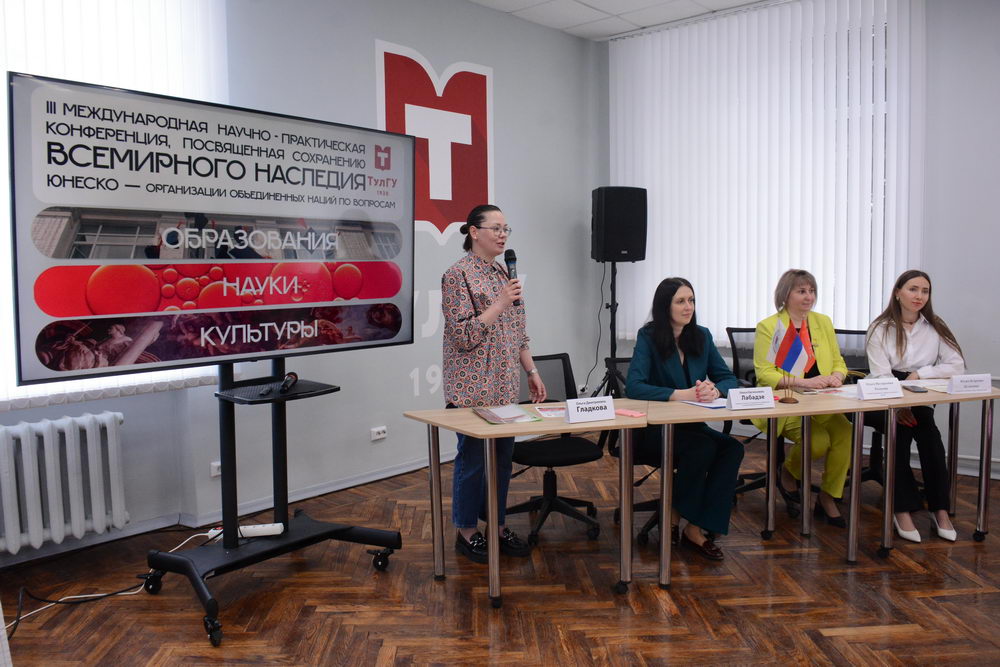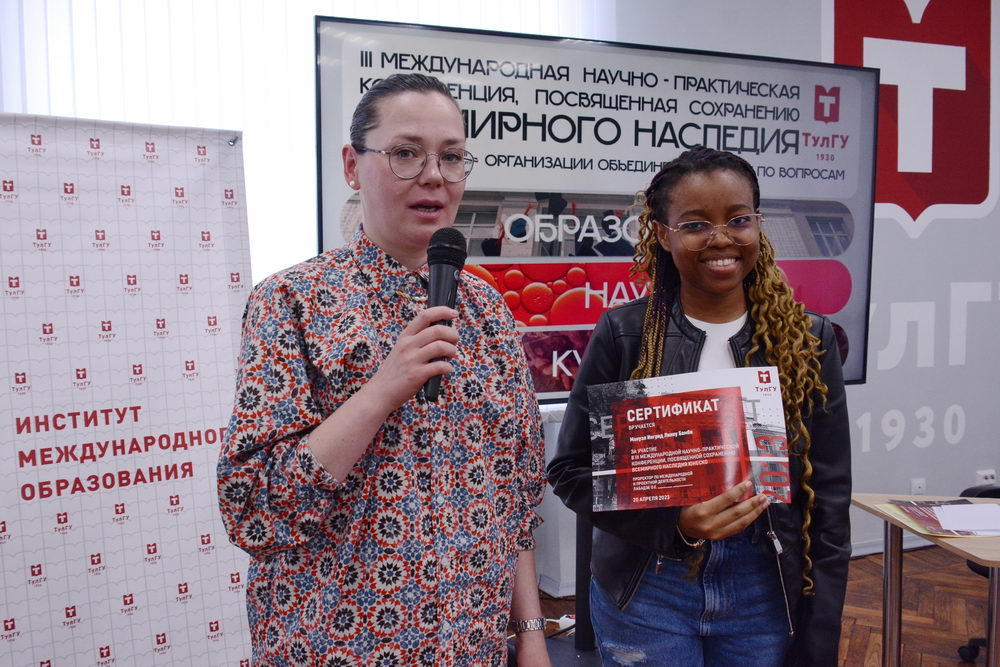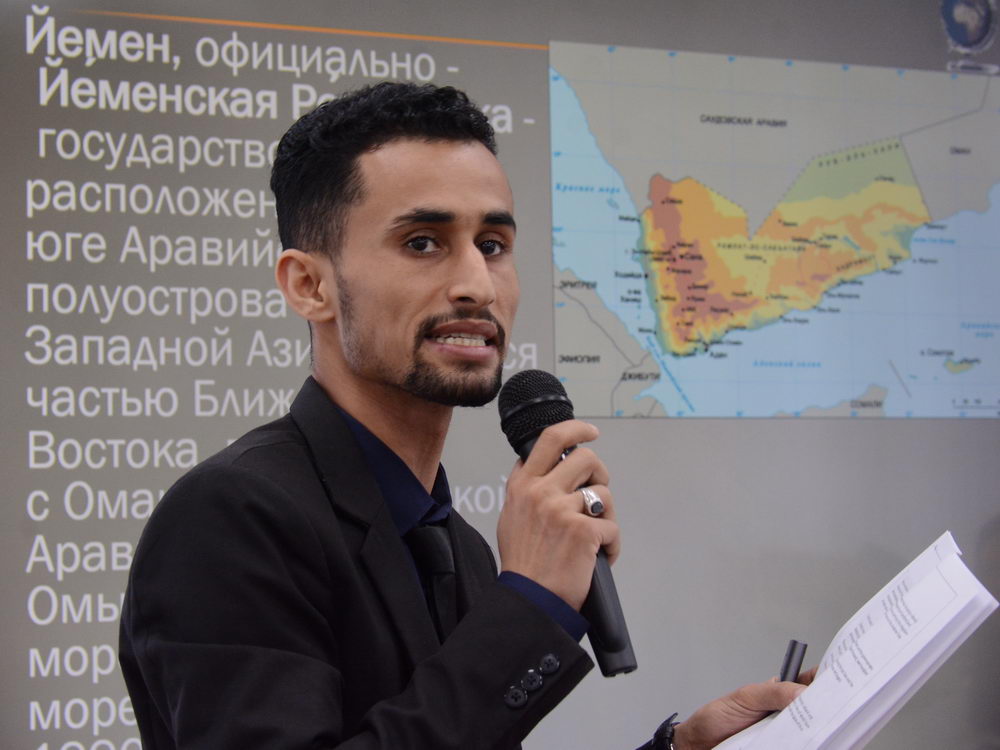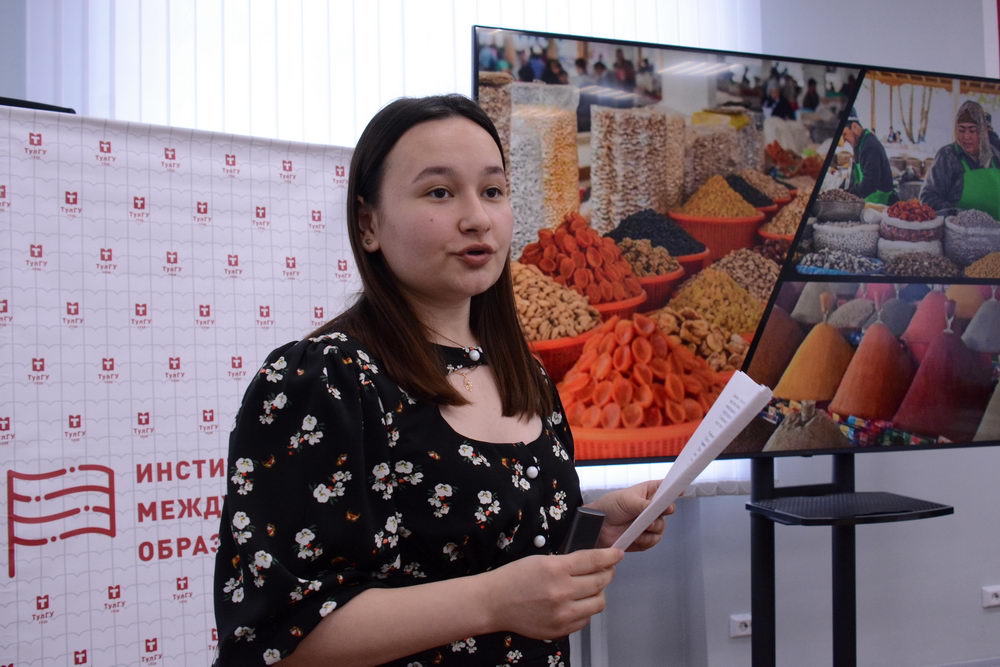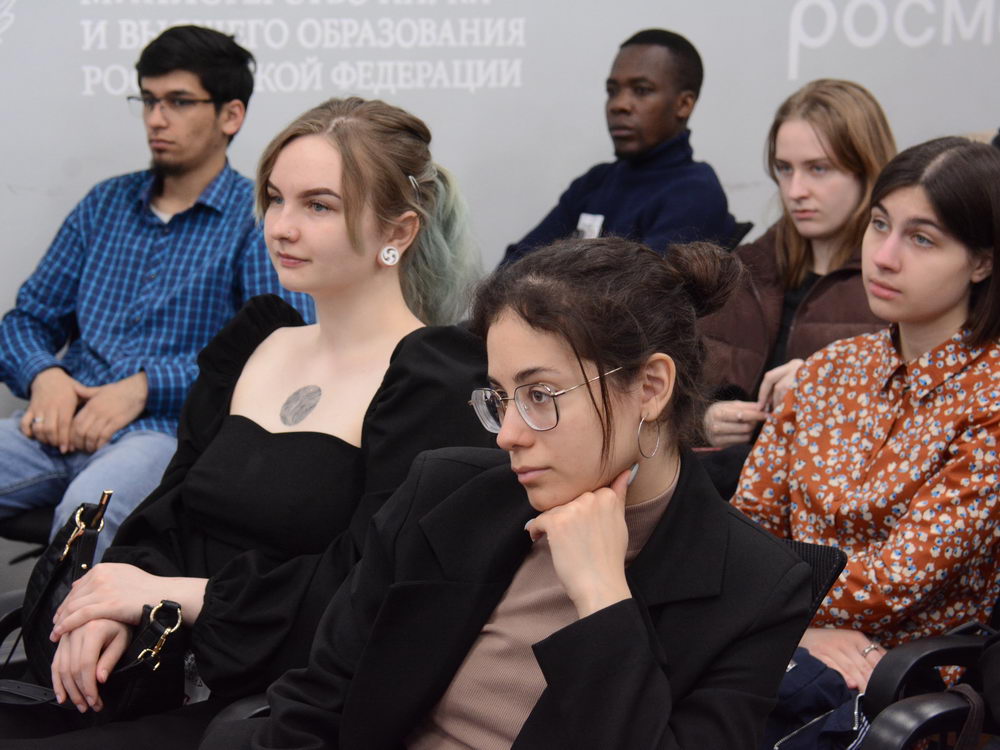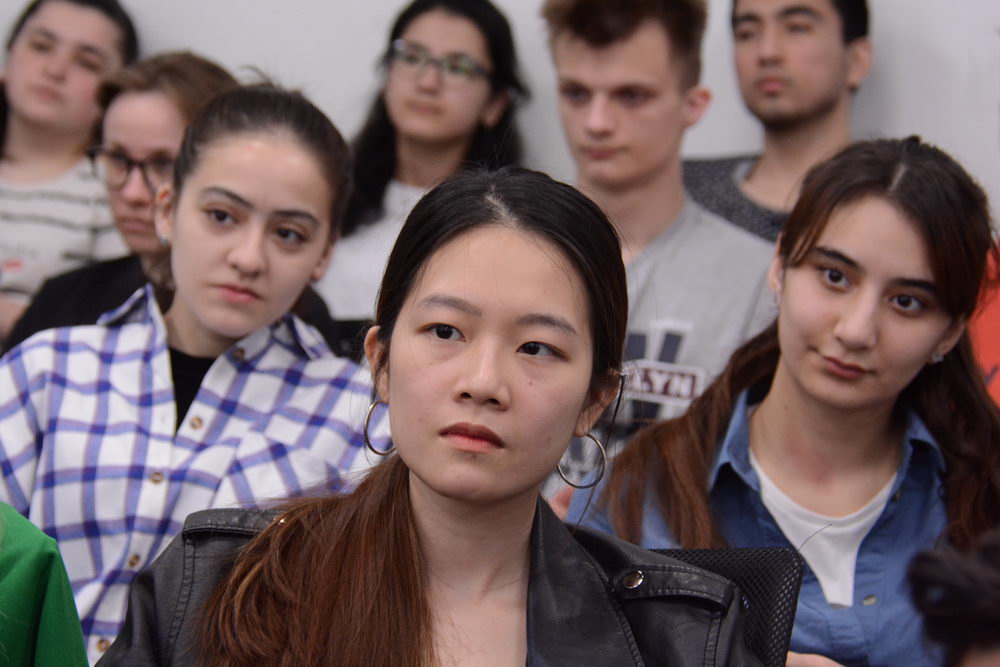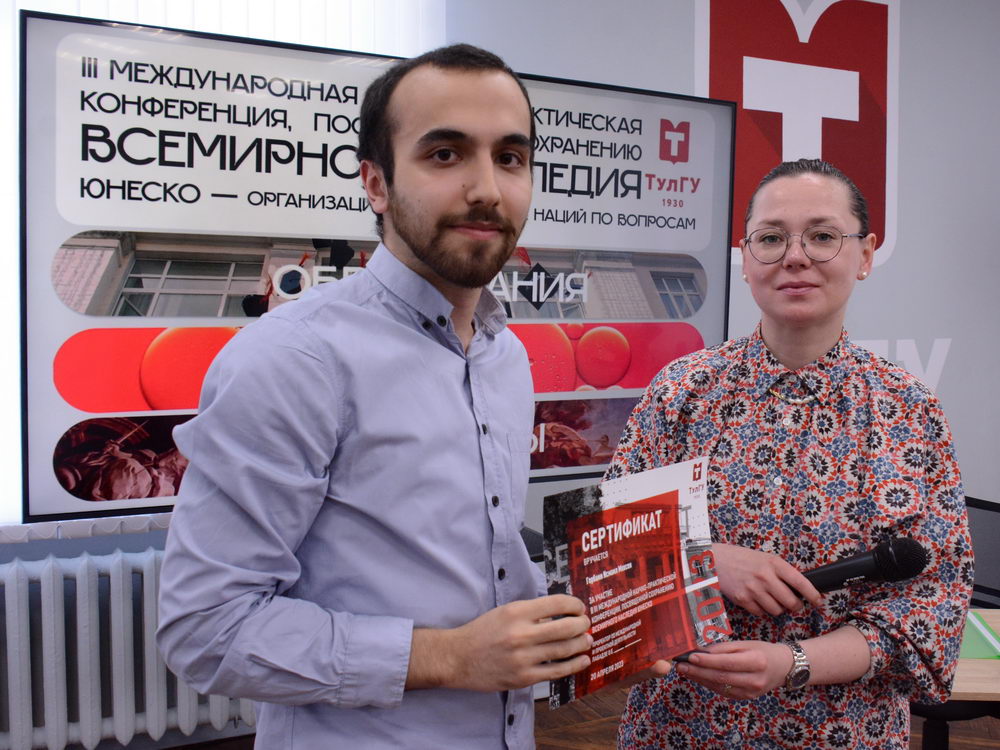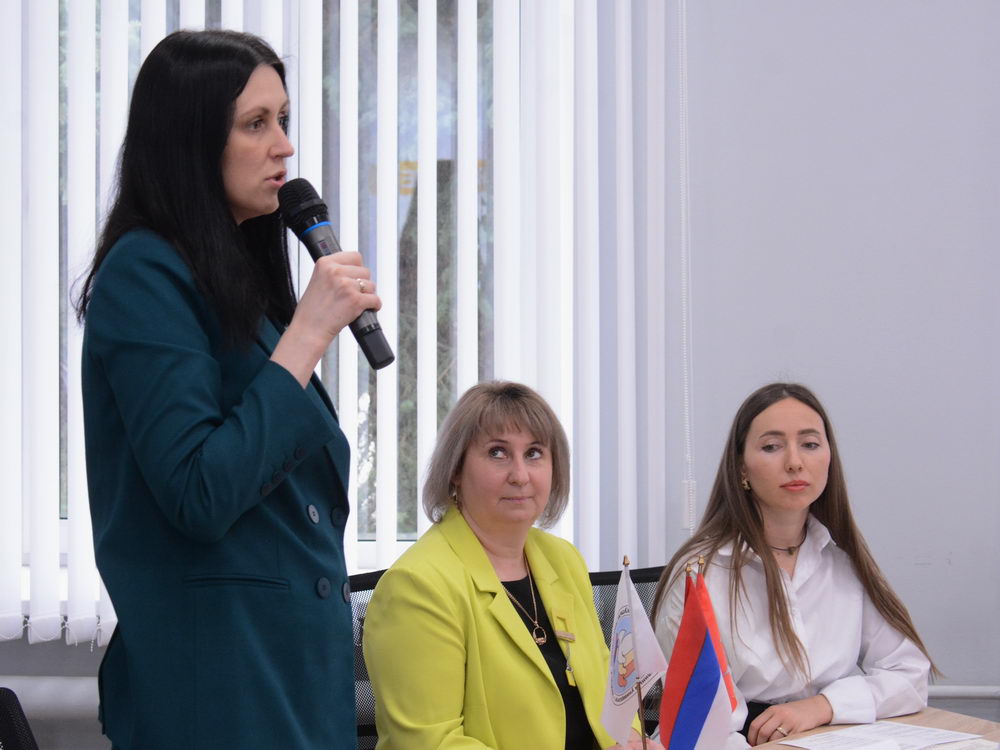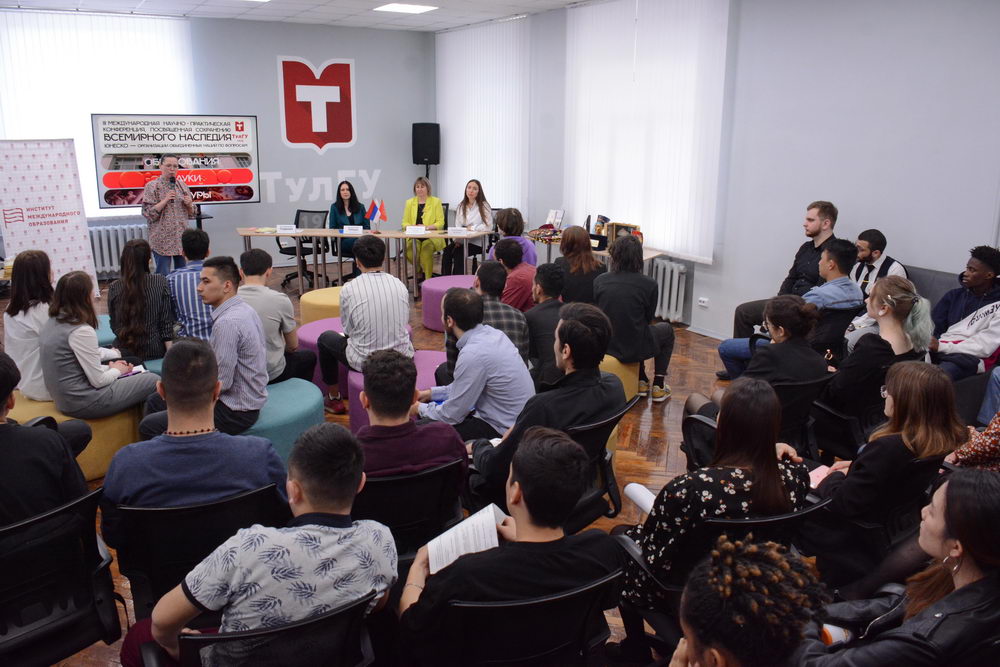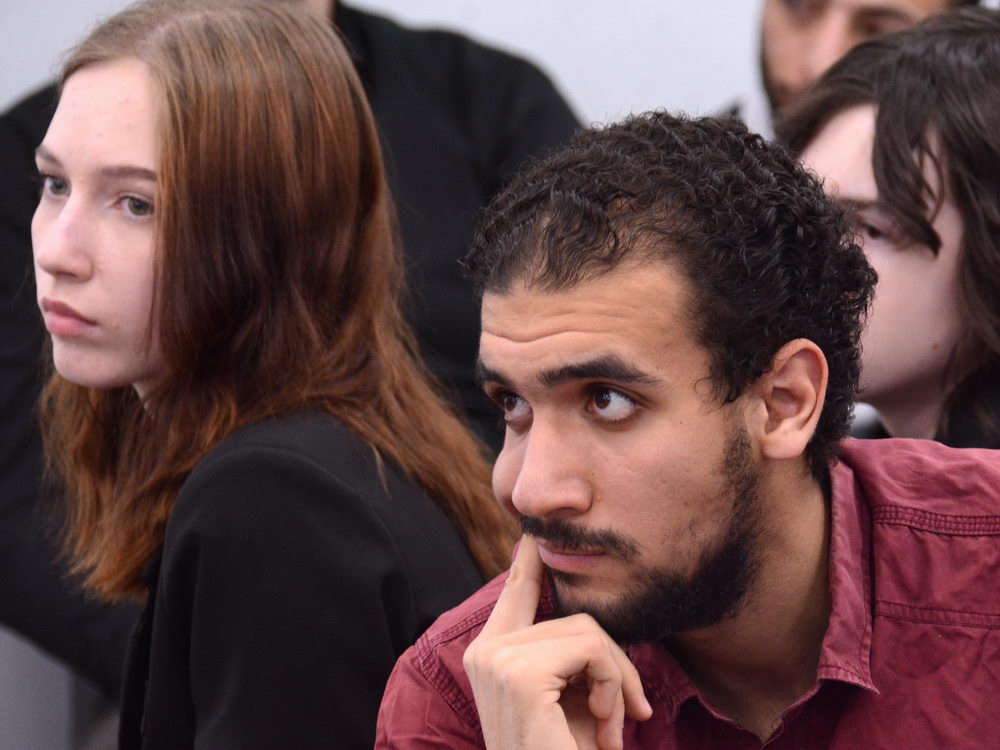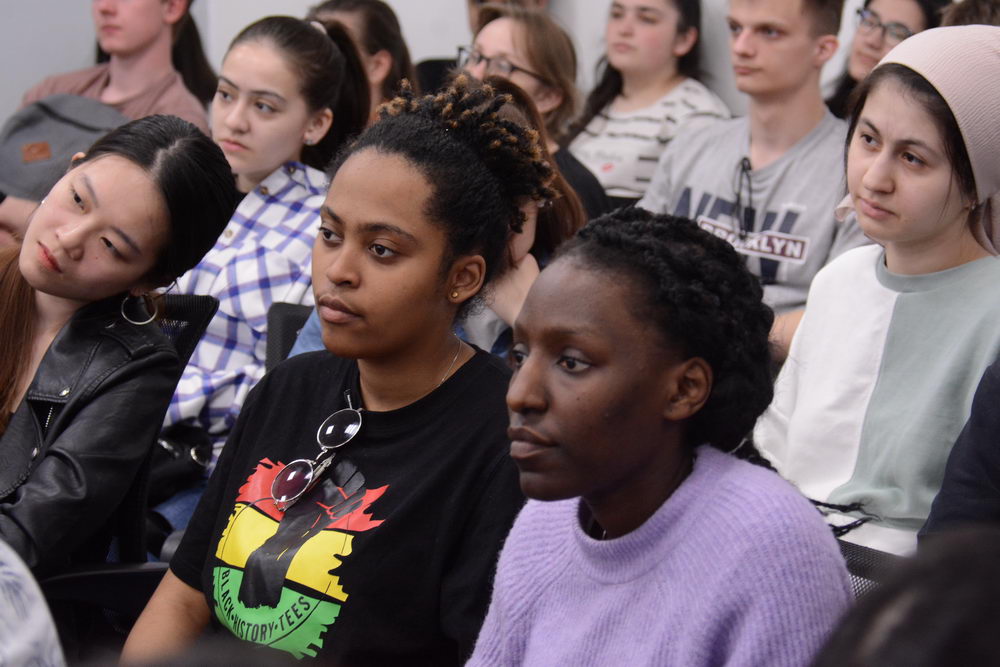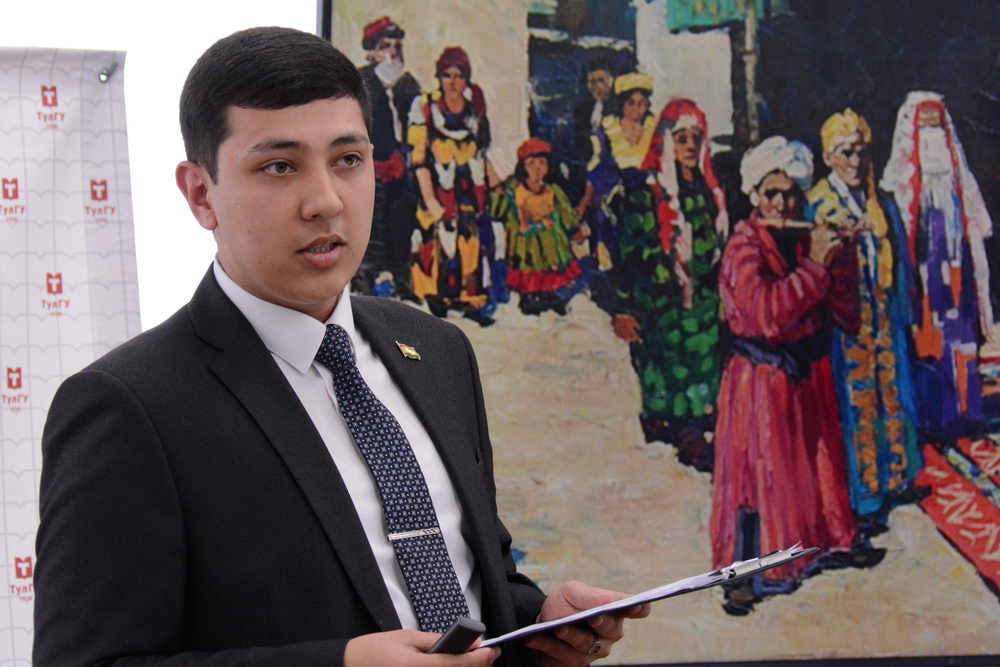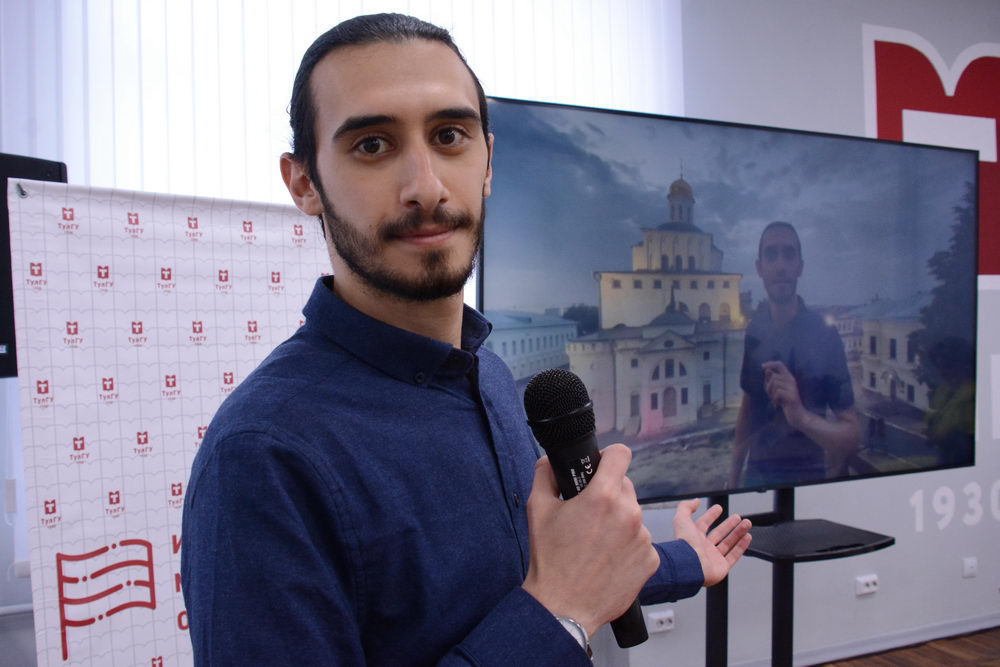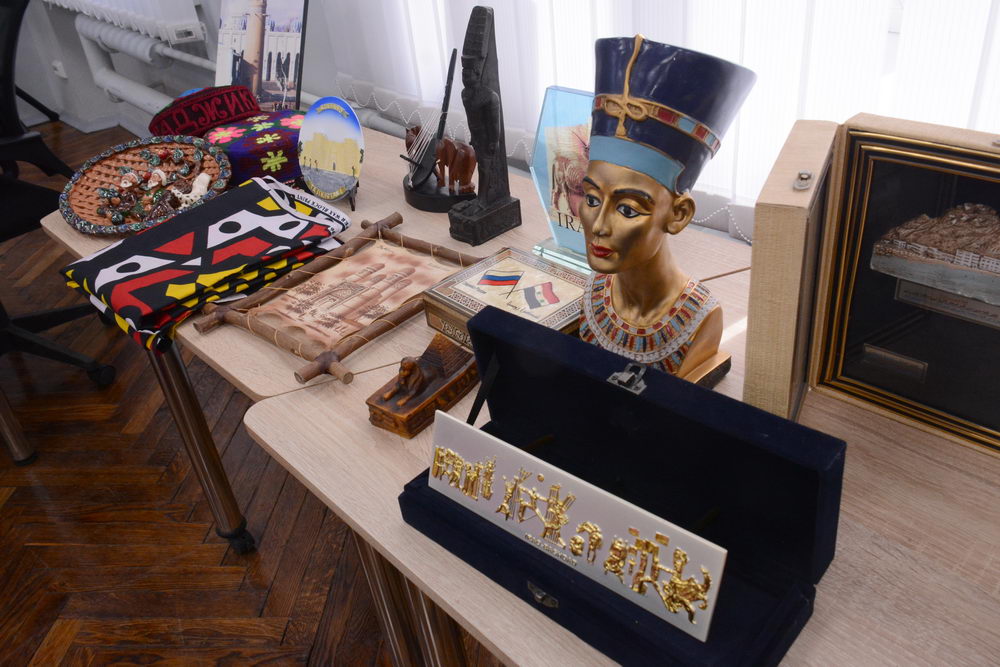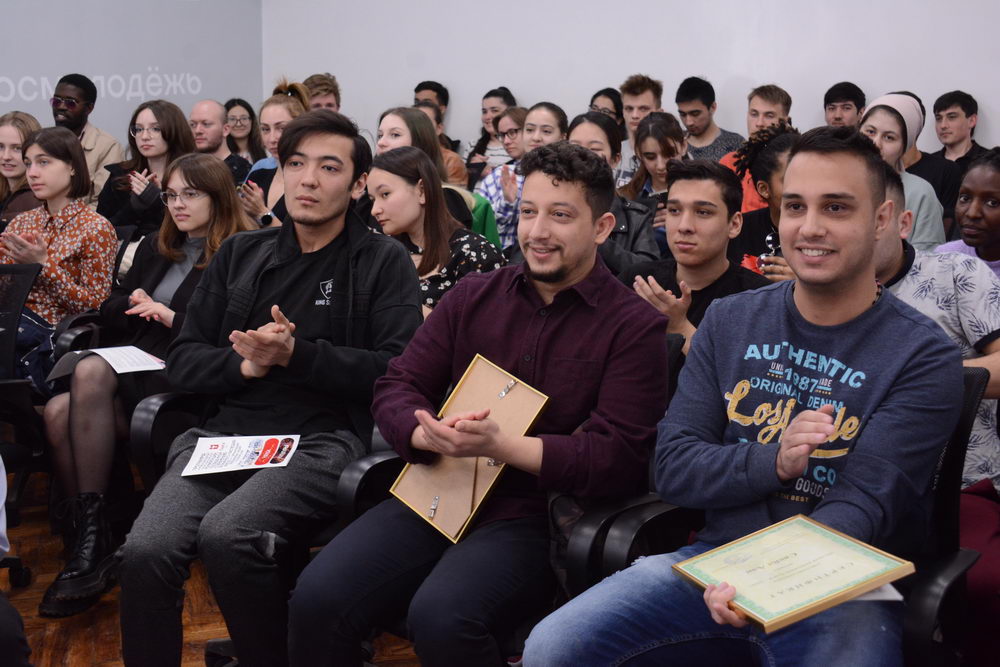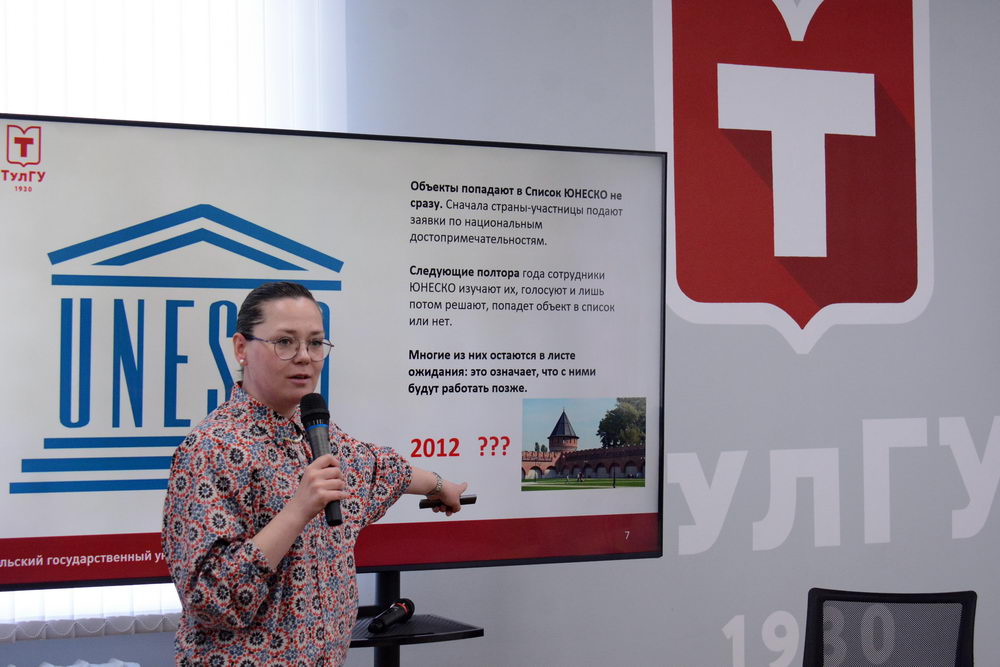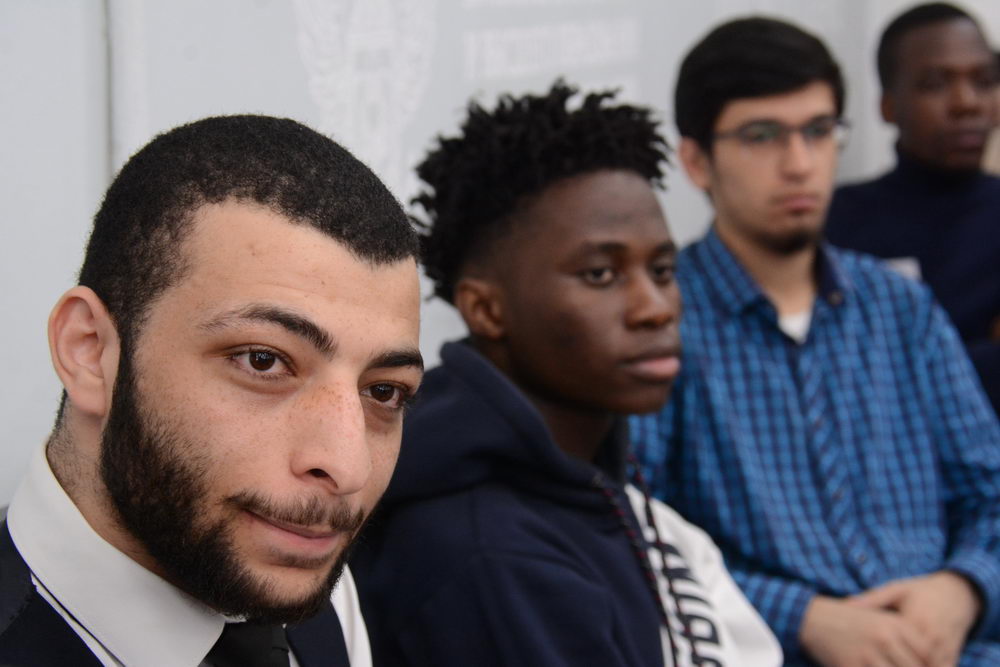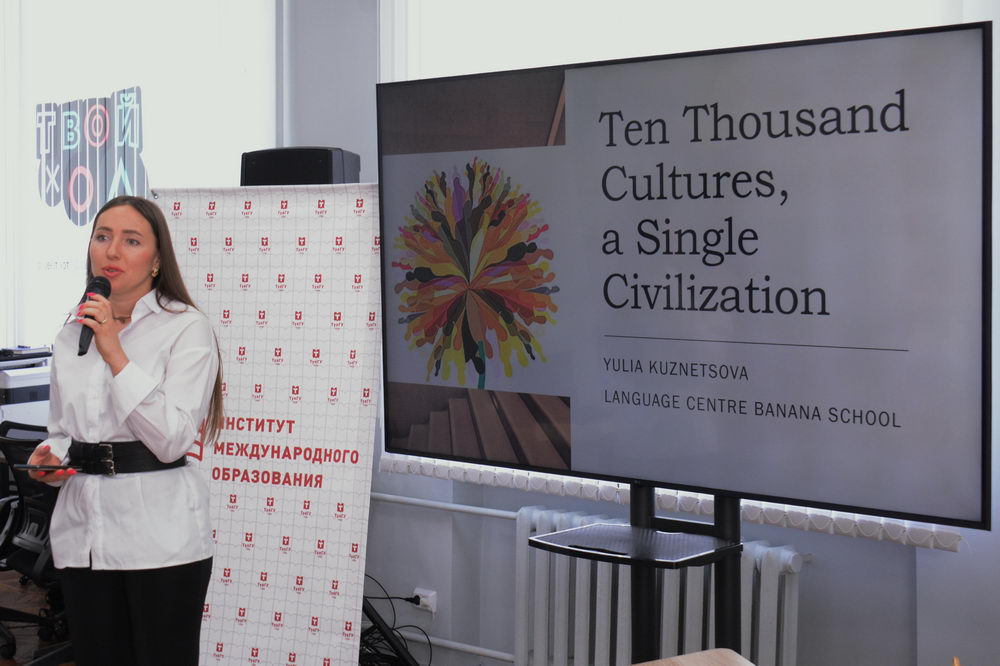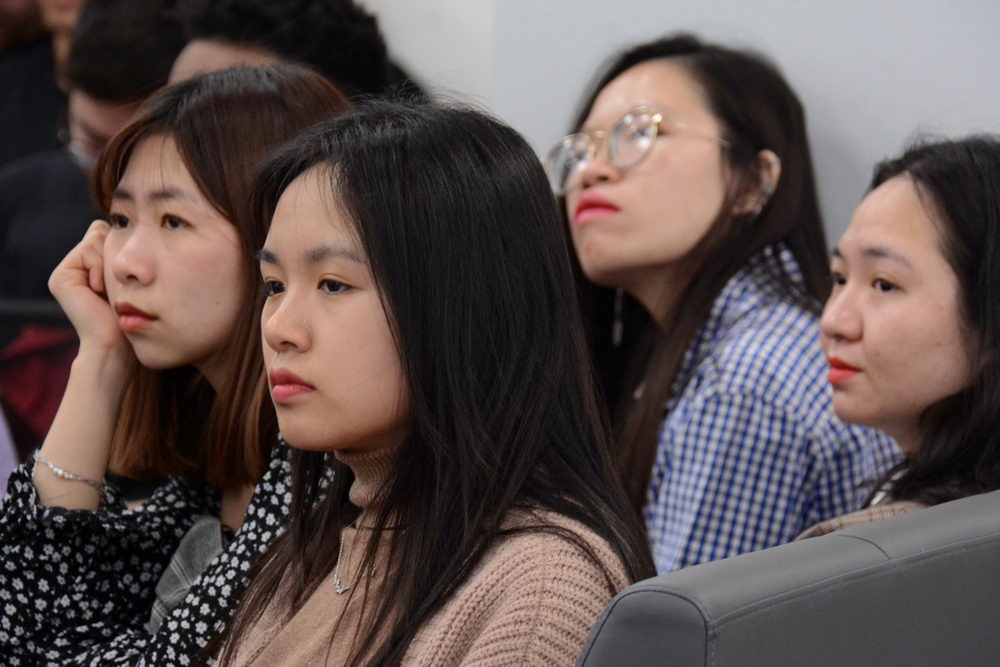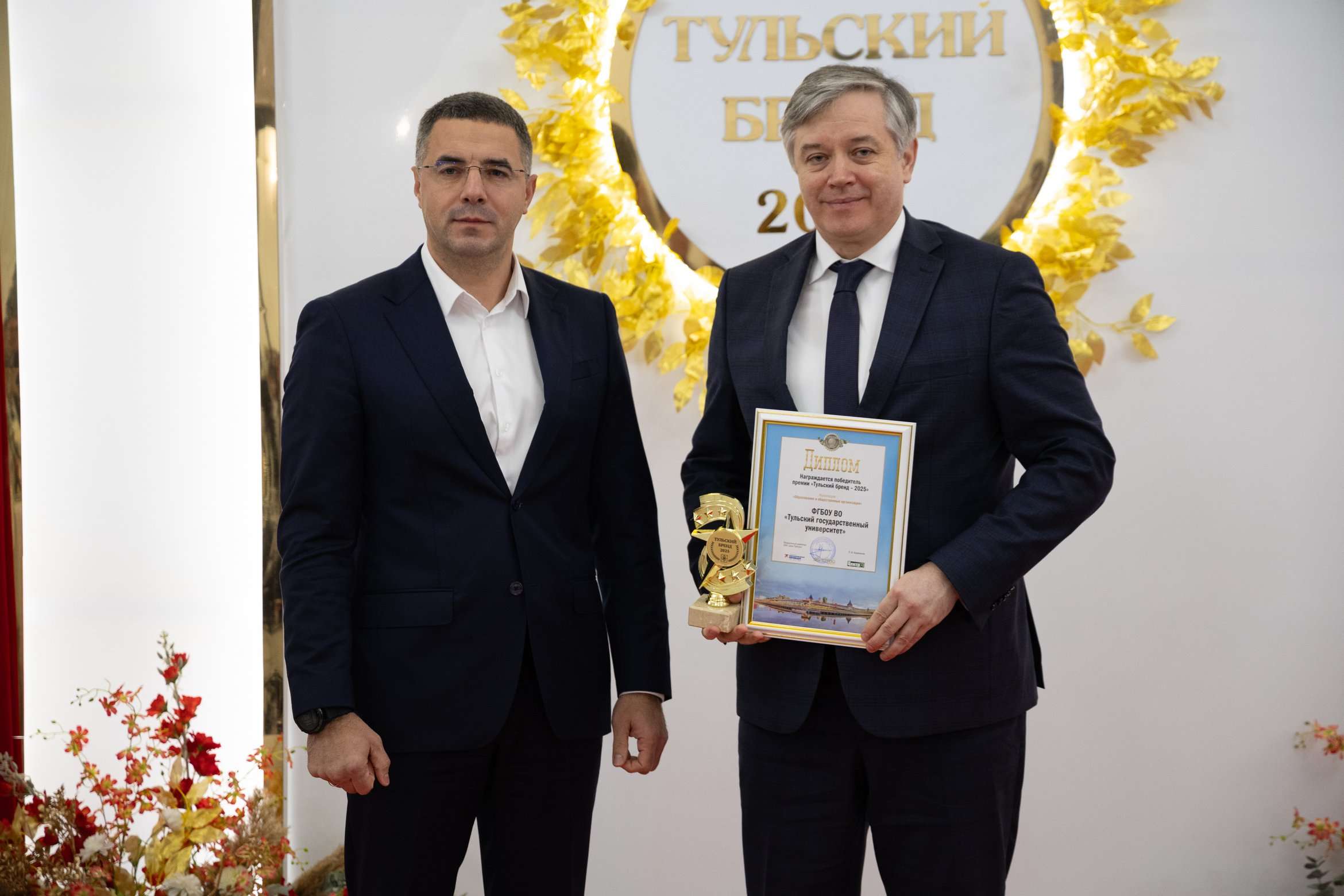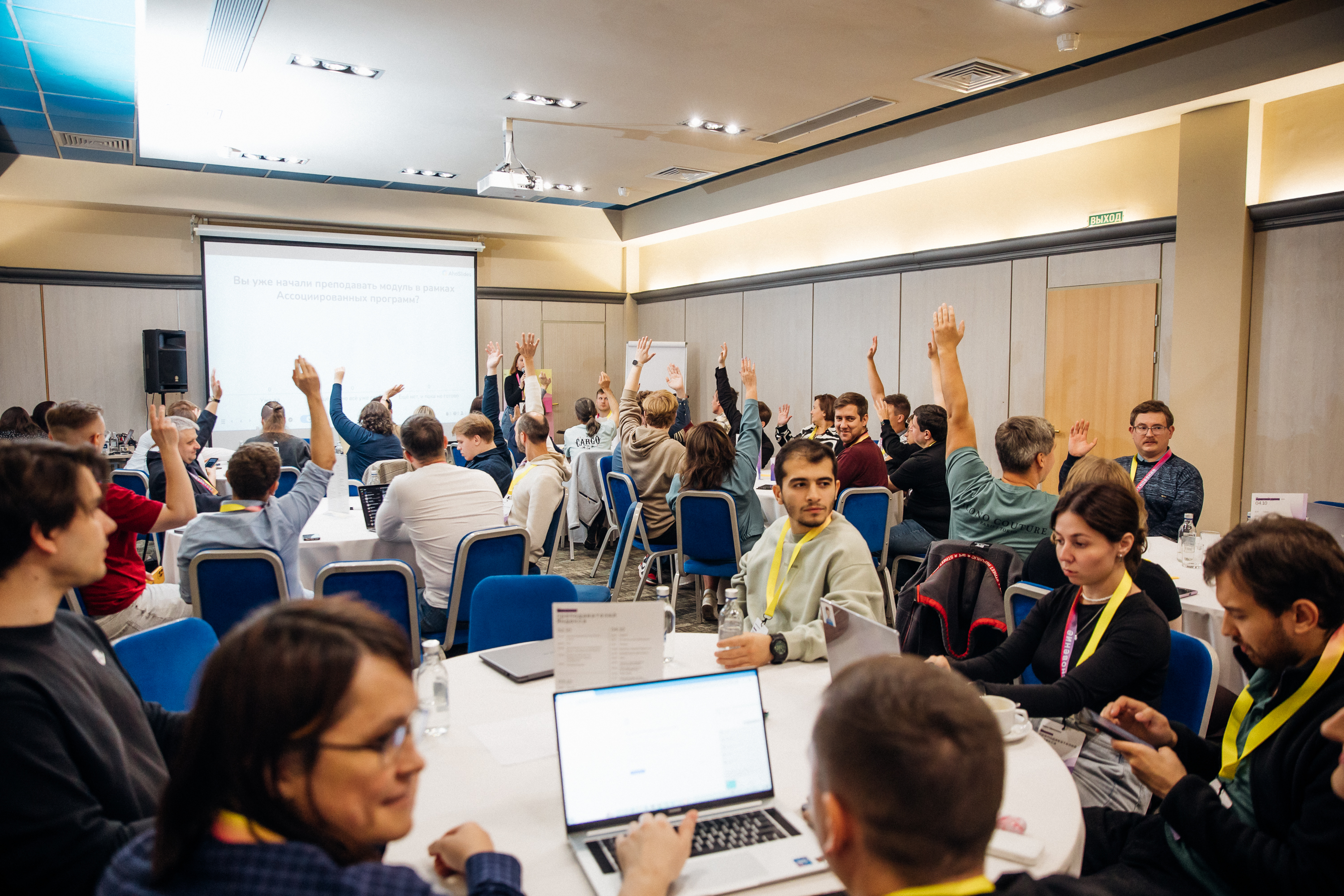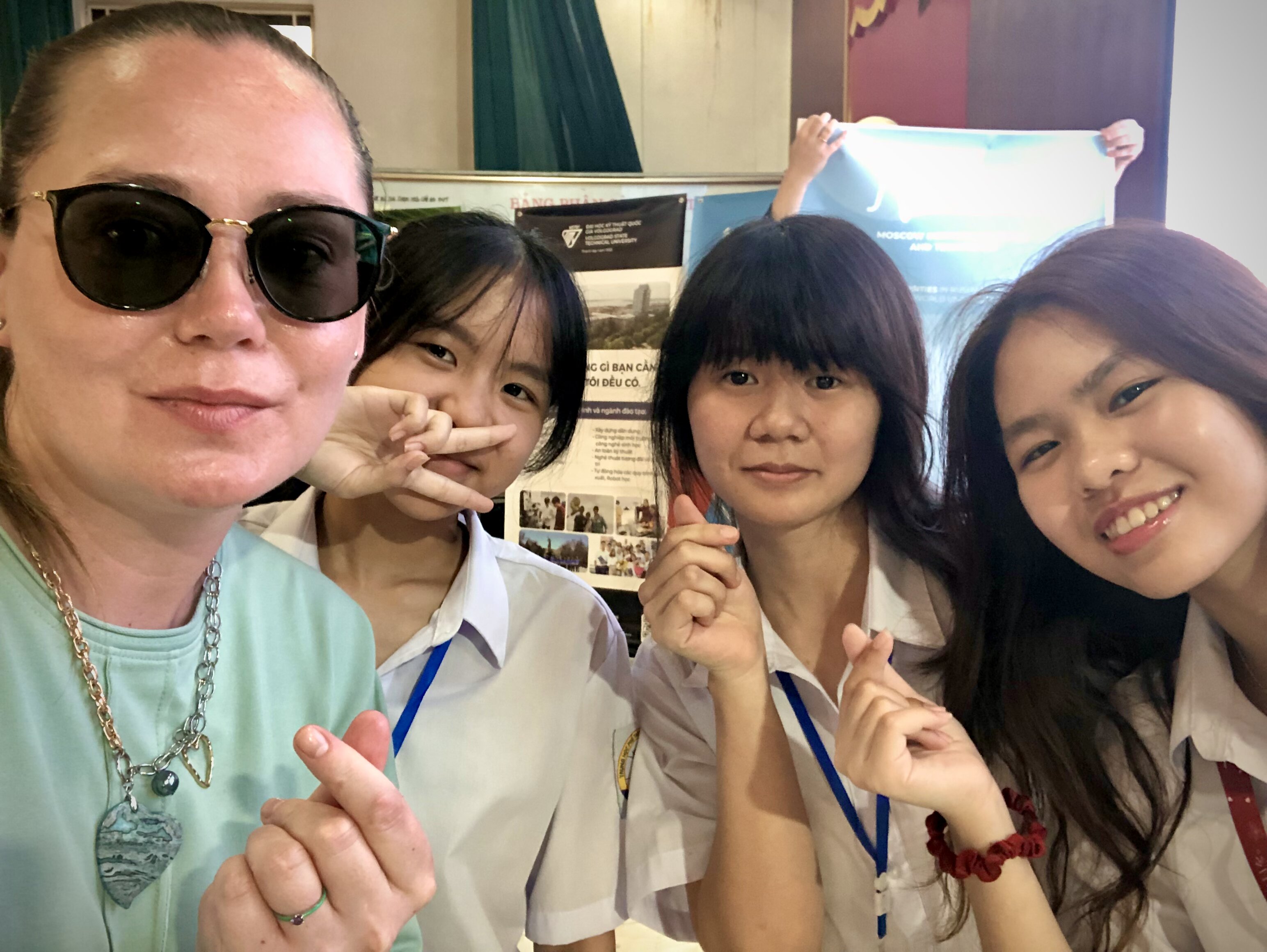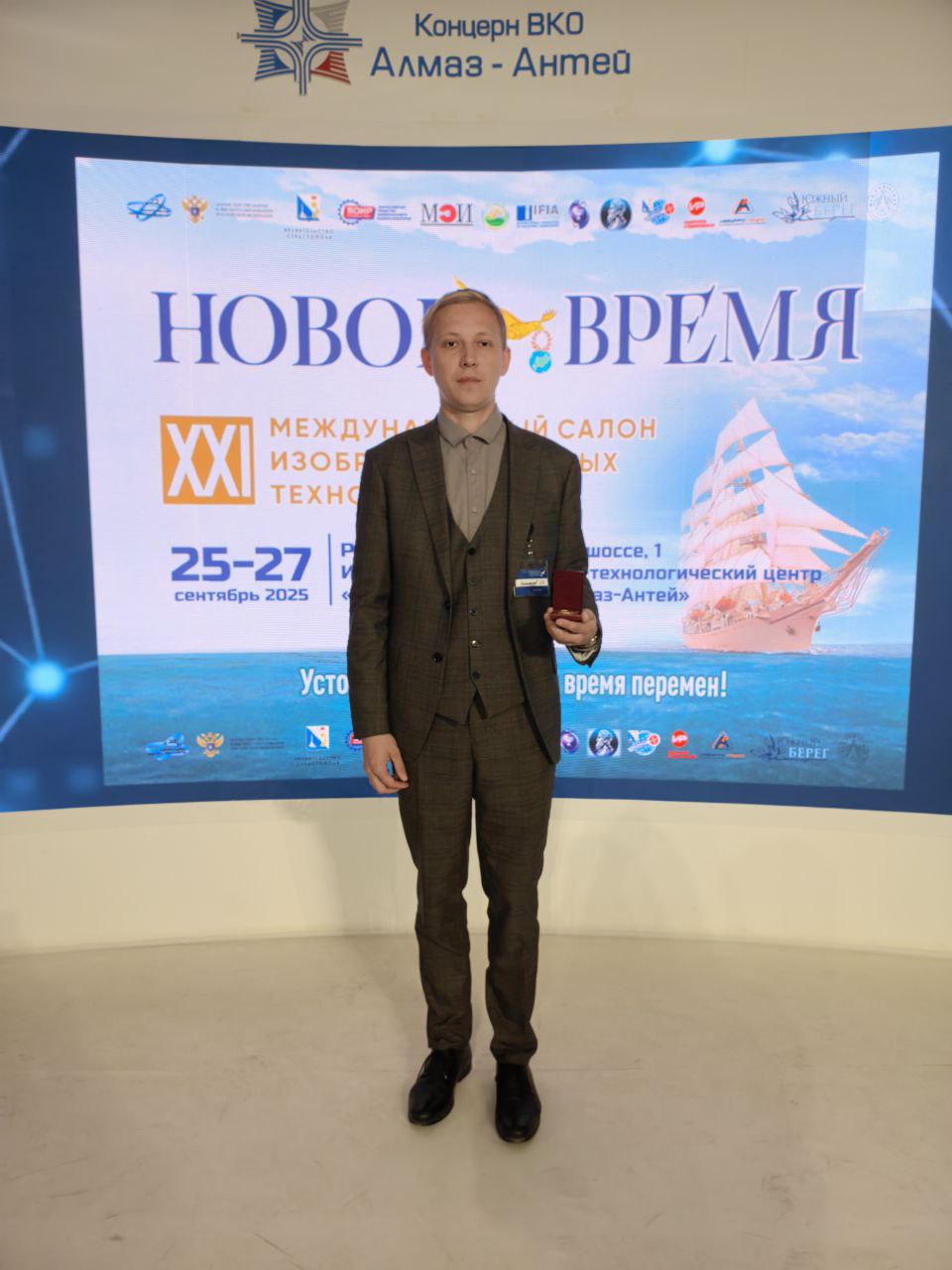- 20.04.2023
Preserving our cultural heritage, we preserve ourselves
On April 20, the Institute of International Education of Tula State University hosted the III International Scientific and Practical Conference dedicated to the preservation of the world heritage of UNESCO - the United Nations Educational, Scientific and Cultural Organization.
This truly warm, sincere, mutually-interested event brought together foreign citizens and Russians studying at the university on its site.
The conference was opened by Vice-Rector for International and Project Activities Olesya Evgenievna Labadze.
Cultural heritage, she stressed, is a kind of repository for the experience accumulated by mankind, the memory of ourselves. Modern civilization is inextricably linked with the cultural values of society. To preserve them, the international organization UNESCO was created, the main goal of which is to expand cooperation in the field of science and culture, as well as to ensure the protection of human rights and respect for their freedoms.
The conference allows not only to educate students in respect for the history, traditions of their own and other peoples, but also to acquaint representatives of various cultures with the world heritage of other countries.
It is gratifying, Olesya Evgenievna said, that on this beautiful spring day, on such an important Easter week for Orthodox Christians and on the week when the holy month of Ramadan ends for Muslims, the participants respectfully speak about different cultures.
Director of the Institute of International Education TSU Olga Dmitrievna Gladkova focused on the fact that today's conference, designed to emphasize the importance of the cultural code of each country, invites everyone to an amazing virtual journey.
Olga Dmitrievna with great pleasure read out the greeting addresses of the Deputy Head of the Preparatory Faculty of the Belgorod State National Research University Elena Borisovna Nazarenko and the Dean of the Faculty of International Education of the Maikop State Technological University, Associate Professor of Russian as a Foreign Language Fatima Abrekovna Pafova.
In particular, they said that it is impossible to overestimate the importance and relevance of the topics raised at the conference, the depth and urgency of the questions raised. Just as universities strive for the exchange of experience, mutual enrichment through acquaintance with the best practices, every country and every people should be on a course to provide favorable conditions for intercultural dialogue and partnerships. Creating a platform for the rapprochement of cultures through acquaintance with the humanitarian and historical and cultural significance of objects of global importance for all mankind is a worthy and relevant goal throughout the world.
Greetings to the participants of the conference were also sent by the State Institution of the Tula Region "Temporary Accommodation Center for Compatriots".
Olga Dmitrievna dedicated her speech to heritage sites.
She said that 30 tangible and intangible objects of Russia were included in the UNESCO World Heritage List, of which 11 are natural, and 19 are cultural.
There are 273 monuments of history and culture of federal significance (including 140 monuments of archeology) and 843 monuments of regional significance in the Tula region. The oldest of the cultural heritage sites located on the territory of Tula is the architectural monument of the 16th century - the Kremlin.
Olga Dmitrievna spoke about the federal objects of cultural heritage in the Tula region - the Yasnaya Polyana Museum-Estate, the Kulikovo Field Museum-Reserve, the Bogoroditsky Palace and Park Ensemble and the State Memorial Historical, Artistic and Natural Museum-Reserve of V.D. Polenov.
The head of the language center "Banana School" (Tula) Yulia Sergeevna Kuznetsova noted that culture is the value of all mankind. The preservation and enhancement of human traditions must be taught from early childhood. The traditions of other countries should not only be studied, but also respected. And at the same time always appreciate your traditions and be proud of them. It is very important to realize that in order to achieve social cohesion, dialogue among peoples is especially important.
The guest introduced the participants of the conference to the activities implemented by the language center "Banana School".
Tamara Dmitrievna Kartashova, Deputy Director of the Institute of International Relations, Associate Professor of the Department of Chemistry, invited everyone to plunge into the mysterious world of the East. Mentally starting the time machine, those present found themselves in the majestic Palmyra.
The conference participants learned that one of the richest cities of late antiquity was considered the bride of the desert.
The most famous and powerful ruler of the Palmyra kingdom was Zenobia. A beautiful wise woman called herself a descendant of the Ptolemies. Freedom-loving and proud, she dared to declare independence from Rome. And she paid dearly for it. Her troops were defeated, and she herself was captured. Encased in golden chains, Zenobia was led through the Eternal City...
Tamara Dmitrievna spoke about the destruction of Palmyra during the hostilities in Syria and about the work to restore it after 2015. The teacher ended her speech on a positive note, expressing the hope that the ancient city would still be preserved for posterity.
Master student of Tula State University, researcher at the Tula State Weapons Museum Viktor Savinov explained why Tula is considered the weapons capital of Russia.
The young researcher extended an invisible temporal thread from the Russian merchant, breeder and diplomat of Dutch origin Andrei Vinnius, who founded the first iron-smelting, iron-working and weapons factories near Tula, and the Russian industrialist Nikita Demidov to Sergei Ivanovich Mosin, Fyodor Vasilyevich Tokarev, and then to those graduates of Tula State University, who made their invaluable contribution to strengthening the defense capability of Russia. The names of Nikolai Fedorovich Makarov, Igor Yakovlevich Stechkin, Vasily Petrovich Gryazev and Arkady Georgievich Shipunov are inscribed in gold letters in the annals of our country.
Tula, Victor Savinov said proudly, continues to forge weapons - from pistols to combat vehicles.
Umedjon Nasredinov, a student of the specialty "Medicine", introduced the guests and participants of the conference to the customs of the Tajiks and their traditions. The story of the future doctor was so fascinating that it left no one indifferent.
Tajiks are very hospitable people. If you come to visit them, you will always be warmly welcomed, hearty and tasty food, tea with sweets. True, the owner himself should try the tea first. This is necessary so that guests do not have doubts about the quality of the drink.
Only a man goes shopping in Tajikistan. Tajiks never cut bread, but break it into pieces.
The elders drink only hot tea in the hottest weather. Not all representatives of the younger generation dare to do this.
It is customary for Tajiks to live as a large family, as Umedjon put it, under one roof. And if, for example, in Russia, young people who have entered into marriage strive to build their nest separately from their parents, then in Tajikistan it is not so. Yes, over time, the older brothers will bud off, but the family's youngest son will definitely live with his mother and father. He will take care of his parents, and the elders will help him.
Shashmaqom, Navruz, embroidery, sericulture, plov are the hallmarks of Tajikistan. But, as they say, it's better to see it all with your own eyes.
— In 2019, I came to study in Tula. And I got acquainted with Russian culture,” Umedjon said. — The Russian people are very friendly. I am glad that I was lucky enough to live in Russia!
At the conference, reports were made on the capital of the ancient kingdom of the Congo, Sanaa, Ancient Thebes, Persepolis, East Babylon, multi-confessional Moscow, the city of Vladimir, musical objects of the UNESCO intangible cultural heritage in Korea.
— We would like to invite TSU students to the conference, — shared the project manager of JSC "Regional Corporation for Development and Support of the Tula Region" Olesya Aleksandrovna Gamochkina. — It will be organized by our corporation, the Tula Chamber of Commerce and Industry and universities of the region. It will be interesting!
Tatiana Krikunkova
Photo by Mikhail Gindin


